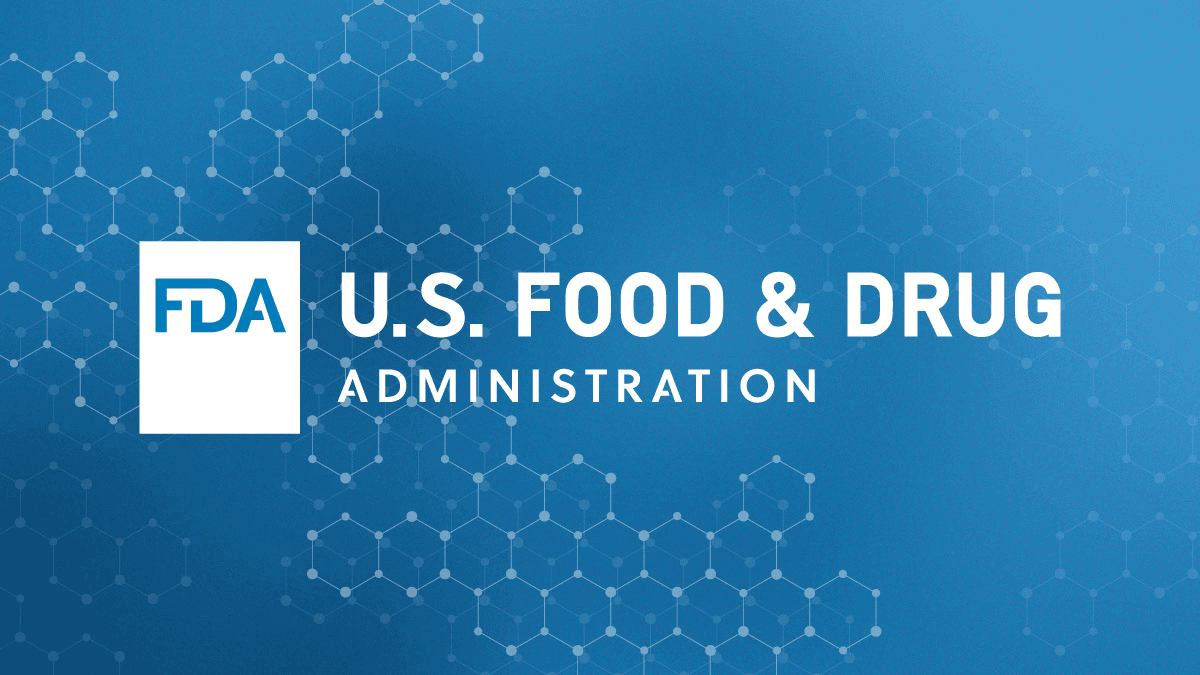I haven't seen this series but I'll check it out

I am well acquainted with the subject matter though. I spent decades in F&B; some of it you had to know, the rest of it was like PCs i.e. I am interested and fascinated.
I'm not an overly huge documentary person, but I was just
entranced with the stories in the first episode! The story about how the the Post & Kellogg cereal empires came to be (and almost didn't exist!) is
amazing! They also cover the start of Coca-Cola, which now sells 2.2 BILLION servings PER DAY!
Again, I gained a
strong appreciation for everything we have access to today. People lived in
unbelievably terrible food times back in the day, in situations that affected their health, their survival, and just being able to enjoy good food. After the Civil War, as the nation rebuilt, people started moving into cities. Previously, most people lived on self-sufficient farms. There was ZERO food-production infrastructure to support large cities, so you got green, spoiled meat, worm & weevil-laced grains, copper-tainted pickles (to make them look more green!), etc.
Heinz saw the vision of electricity & went NUTS with it: lighting, ventilation, fire safety, etc. His factory
literally changed the world's foodscape! Combined with the recent addition of the nation's first trans-continental railroad, country-wide distribution was now an option! They cover Coke ten years prior to Heinz's new factory; for distribution, prior to the mega-railroad system, they used to have to:
1. Go all the way down the river to the gulf in a boat
2. Swing around Florida
3. Go all the way back up the East Coast
Totally bonkers! Coca-Cola hit the timing just right with the train system build-out just a few years prior. So now we had safe, bottled soda & ketchup available for mass distribution! As the safety laws kicked in, the situation got better to the point where even if just a
handful of people get sick today, it makes national news & triggers a recall!
FDA and industry press releases regarding product recalls

www.fda.gov

 foodtank.com
foodtank.com






